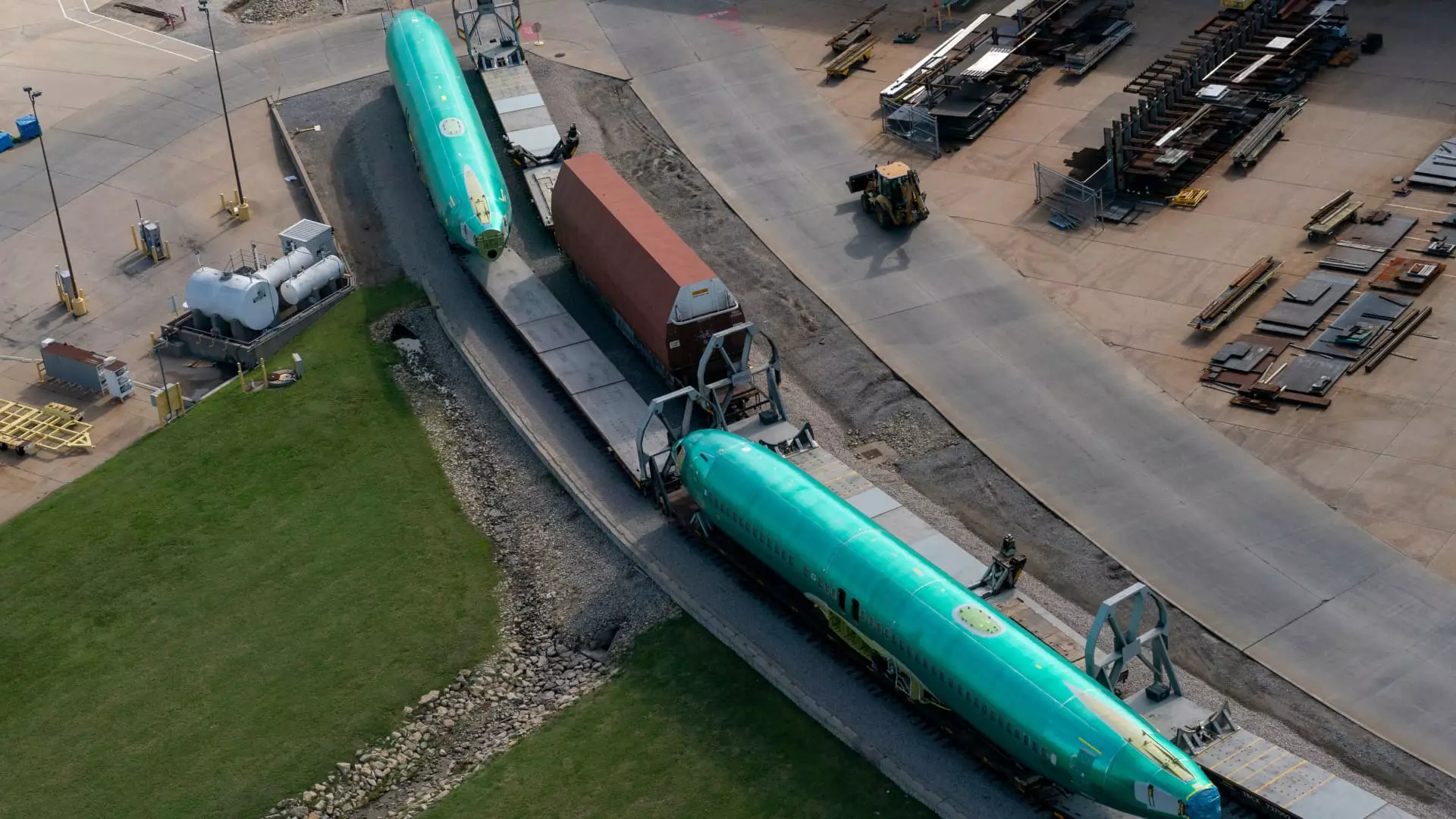The aerospace industry is currently navigating through turbulent waters, particularly highlighted by the ongoing strike of Boeing machinists. With the labor dispute entering its sixth week and no resolution in sight, implications are increasingly evident at various levels of the supply chain. Notably, Spirit AeroSystems, a key supplier of parts for Boeing, is contemplating drastic workforce reductions, underscoring the far-reaching consequences of this strike on the broader aerospace sector.
According to recent statements from a Spirit AeroSystems spokesperson, the company is evaluating the potential for further furloughs or layoffs if the strike continues past November 25. Initially, Spirit had already prepared to furlough approximately 700 employees from its Wichita, Kansas facilities for 21 days. However, the prospect of additional layoffs reflects an escalating concern about the strike’s impact on their operations, particularly given that the firm has reported substantial financial losses, including a staggering $477 million net loss in the latest quarter. This financial strain illustrates the vulnerability of aerospace suppliers dependent on the health of their primary customers, like Boeing.
The situation at Spirit AeroSystems is emblematic of broader issues affecting the aerospace supply chain. Boeing’s production halt affects not only the immediate workforce at its manufacturing sites but also reverberates through its supplier ecosystem, where companies are faced with difficult decisions about staffing and resource allocation. Many suppliers, having meticulously rebuilt their workforces post-COVID-19, now hesitate to make permanent cuts, reflecting a cautious approach to the unpredictable nature of future demand. Besides Spirit, Airbus is also reporting similar pressures, indicating that these disruptions are not isolated but rather part of a systemic challenge facing the industry.
While Spirit contemplates its next moves amid the uncertainty, Boeing’s leadership, particularly under CEO Kelly Ortberg, has emphasized the urgency of reaching an agreement with machinists. The labor union representing the workers is equally motivated to resume negotiations, aiming for a resolution that would restore normalcy and avoid further economic fallout. The stakes are high; the prolonged strike jeopardizes not only immediate production targets for Boeing but also undermines the fragile relationships within the supply chain that took years of effort to foster following the pandemic’s debilitating impact.
As the situation develops, it becomes clear that the ongoing strike represents a pivotal moment for both Spirit AeroSystems and the aerospace industry at large. The potential for expanded furloughs and layoffs signals broader economic anxieties tied to labor disputes and their implications for production capacity. Stakeholders eagerly await a resolution, knowing that the decisions made in the coming weeks could significantly shape the future landscape of aerospace manufacturing and its interconnected supply chains. The industry must navigate this intricate web of labor relations, financial health, and customer dependencies carefully to emerge resilient in a post-pandemic reality.

